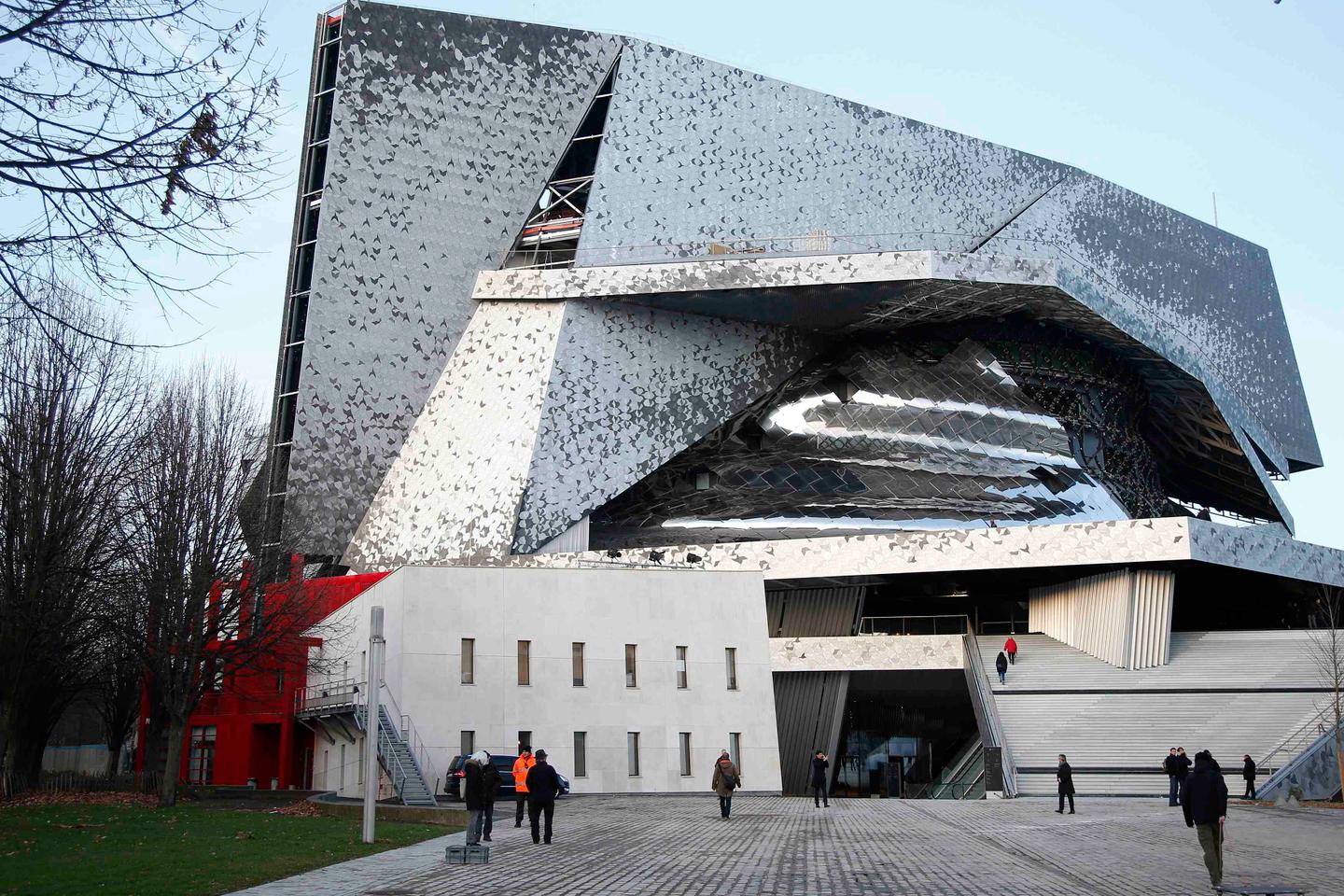


Thirty years ago, the Philharmonie de Paris was destined for disaster. Today, it celebrates its 10th anniversary in triumph. According to experts, it is one of the world's top-performing symphony halls, and a pioneer in the quest for a young, diverse audience. Its history is typical of a France that rants and raves, before letting go.
When the idea of building this hall took shape in the 1990s and 2000s, it was hard to imagine the virulence of opposition among its beneficiaries, music lovers as well as various personalities, political leaders, cultural executives and patrons of the arts. Curious, but still very French.
Because it's far from just a question of money. Music lovers had a habit of going to the Salle Pleyel, the Art Deco temple of classical music, not far from the Champs-Elysées. They were outraged when they learned that the great orchestras and soloists could be leaving Pleyel – promised to other music styles – for a new hall.
Reminding them that Paris doesn't have a symphony hall worthy of the name, the Pleyel (1,900 seats) is mediocre for both eyes and ears. Swearing that the new venue would be state-of-the-art, was of no use. Some musicians were even convinced that nothing beat the sound of the old halls and that nothing should change.
'Piss off the rich'
The uproar was based on two ulterior motives. The promoter of this symphony hall was composer and conductor Pierre Boulez, whose tastes are considered radical. In short, Paris wasn't going to give a toy to "a guy who makes hermetic music."
Above all, the new venue was to be located in the Parc de La Villette, in Paris's 19th arrondissement. In other words, the other side of the world. Moving from the affluent west of Paris, where two-thirds of Pleyel's audience lived, to the working class east of Paris was unthinkable. "The public won't come," "you're not thinking of it," "it's too far," "music lovers don't take the metro," "I'm going to get my car scratched," "they want to piss off the rich."
You have 65.77% of this article left to read. The rest is for subscribers only.
